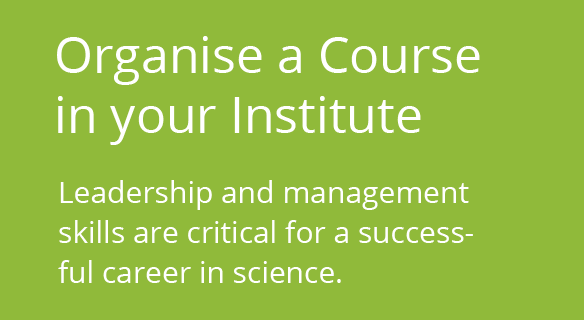How to review a scientific paper
PLEASE NOTE THIS IS AN ONLINE COURSE TAKING PLACE OVER 2 HALF DAYS. THE TIMES ARE IN CET/BERLIN TIME ZONE.
In this workshop, EMBO Press editors work with PhD students, Postdocs or junior group leaders on the principles and practicalities of peer review. Topics covered include the key elements of good peer review and the role of peer review in publishing reproducible science. We also discuss ethical considerations such as conflicts of interest and give guidelines to young scientists about how to become good reviewers.
The course includes a balanced combination of theory presentation, group work, and interactive discussions to keep the participants engaged.
You can book a place on one of our pre-planned courses using the link on the right.
For a course just for your institute, please contact us here.
The 8-hour course takes place over two consecutive mornings (4 hours each, 09:00 to 13:00 CET/Berlin).
Course Outline:
DAY 1
Overview of the peer review process
We discuss the value of peer review for the progression of science, both for authors and referees, and why conducting peer review is an essential part of being a scientist.
Conflicts of interest and bias
Scientists are part of a complex social and economic network. As a result, there might be situations that prevent them from evaluating the work of others in a neutral and objective manner. We will discuss how to identify and avoid or mitigate these situations.
How to write a good review
We discuss the elements of a good referee report and give practical tips on how to get started, what steps to follow, and how to evaluate a manuscript. We will also practice how to give constructive feedback to your peers.
DAY 2
Peer-Review and the editorial process
We start the second day with a review exercise* where participants can apply the guidelines on constructive feedback from Day 1. We will also discuss what happens after a review is submitted to a journal and how editorial decisions are made.
How to become a reviewer
At an early career stage, it is important to gain experience as a referee and to become known to your peers and to editors. We will offer guidelines on how to increase your visibility and what to keep in mind when acting as a co-referee.
Referee credit
Reviewing is an important and time-consuming part of being a scientist. However, the work remains typically anonymous and can feel mostly invisible to others. We discuss how scientists can get credit for their reviewing work and what are the implications of being a good reviewer for their career progression.



